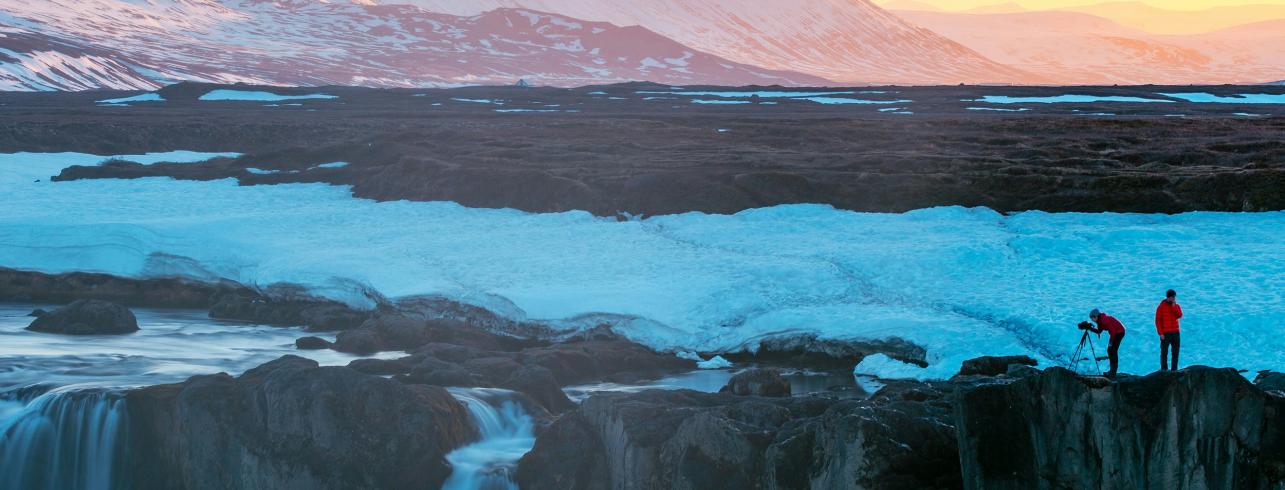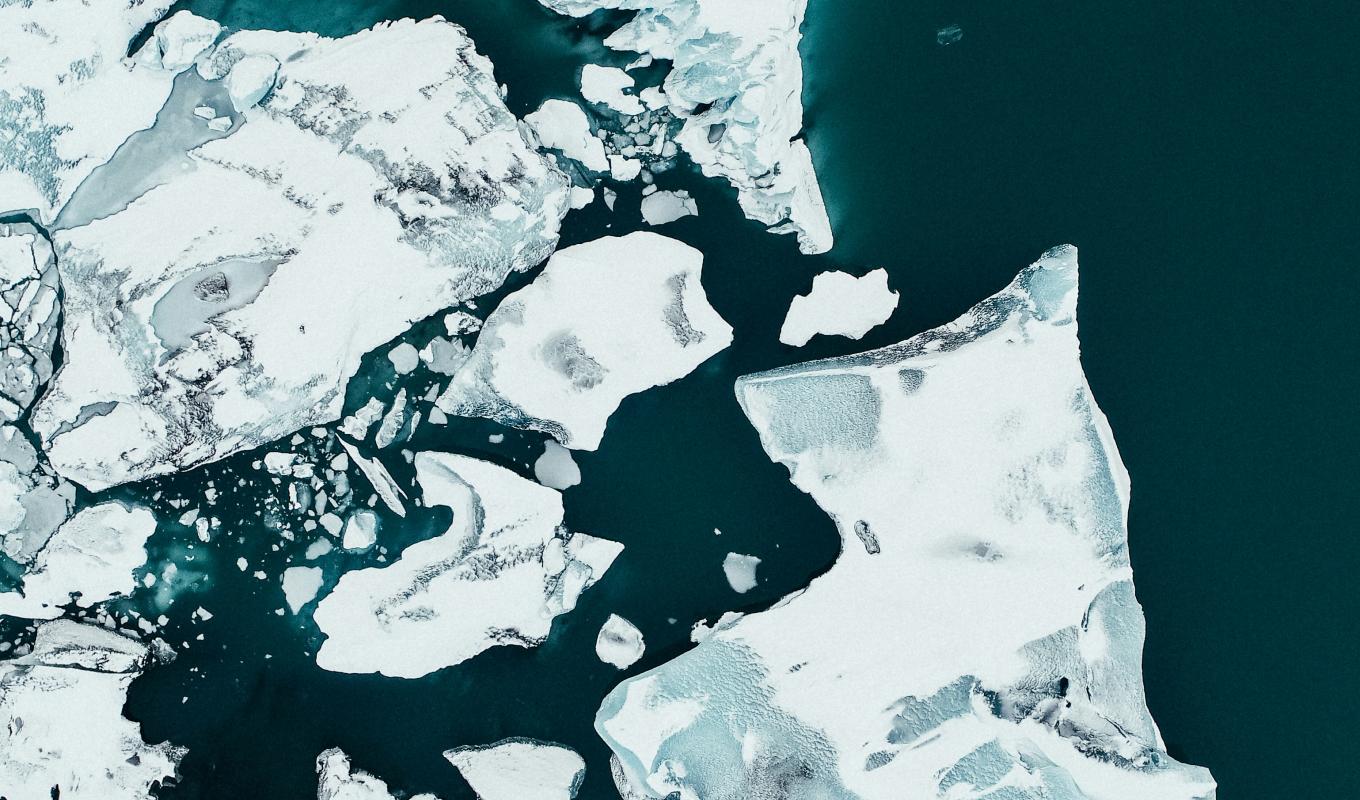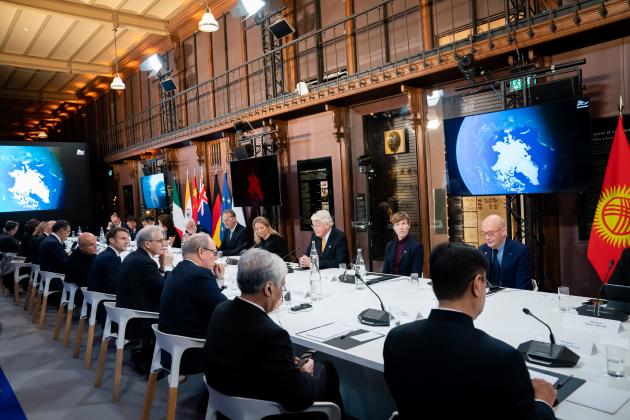A call to put polar and glaciers scientific researches at the heart of next years’ international priorities.
With a global warming approaching 1.5°C, scientists predict that at list half of today’s glaciers will disappear by 2100. The Greenland ice sheet has lost 4,890 billion tones (Gt) of ice since 1990, and the Antarctic ice cap lost around 2,670 Gt of ice between 1992 and 2020. This loss of mass has increased four-fold in 30 years and is becoming increasingly severe: without rapid global mitigation efforts, upper estimates of greenhouse gas emissions from thawing permafrost during the course of this century could significantly reduce the ability to limit warming to 1.5° C.
While the effects of climate change in the cryosphere have environmental, economic and social implications at the local, regional and global levels, their cause is mainly linked to human activities taking place outside these regions. These changes could have irreversible consequences on the risk of natural disasters, on ecosystems and on human beings, and affect food and water security for up to two billion people worldwide. In addition, the melting of part of the cryosphere, in particular the glaciers and ice sheets of Greenland and the Antarctic, is responsible for around 50% of sea-level rise and has direct impacts the thermal expansion of the oceans.
In this dramatic context, it is essential to carry out new scientific researches on poles and glaciers, to better understand their functioning and the consequences of their collapse. The efforts have to be more intense and regular to address this crisis properly. The need to find new opportunities to reinforce the scientific community means and accelerate the researches is, thus, crucial.
The objective is to mobilize all States, as well as civil society, and encourage the disbursement of « white funding » commensurate with the challenge. It will provide international scientific research with substantial, concerted resources that will allow:
- To conduct ambitious international projects aimed at understanding the mechanisms at work in the collapse of the cryosphere (poles and high glacier plateaus) and its impact on the associated socio-ecosystems;
- To increase the scope of observations and thus map out the most plausible scenarios for the future evolution of the planet under the effects of climate change, the creation of new shipping lanes, the exploitation of natural resources, the chemical and plastic pollution of these environments, the loss of biodiversity and its consequences for human beings and the balance of the world, as well as the dramatic rise in sea levels on a global scale.
The framework for the Decade of action for cryospheric sciences (2025-2034) will begin with the Year of Glaciers in 2025 and will be connected to the fifth International Polar Year (IPY) which will take place in 2032-33 and is being coordinated by the International Arctic Science Committee (IASC), the Scientific Committee on Antarctic Research (SCAR), the World Meteorological Organization (WMO), the International Science Council (ISC) and other international polar science and Indigenous organisations. This framework will allow to secure new multilateral resources for scientific research, along the lines of the United Nations Decade of Ocean Sciences for Sustainable Development (2021-2030) currently underway.
This initiative will also promote related objectives:
- Improving the level of safety in polar spaces
- Regulating Arctic maritime traffic
- Hydrocarbon exploration and exploitation
- Tourism in these regions
- Supporting education about glaciers and poles
- New European and international commitments on the 30by30 target from the Kunming-Montreal agreement
- Marine protected areas
- Co-construction of research programs in consultation with local communities.
On August 13th, 2024, the United Nations General Assembly officially adopted the resolution, co-facilitated by France and Tajikistan. The Decade of Action for Cryospheric Sciences will be launched at the beginning of 2025.




